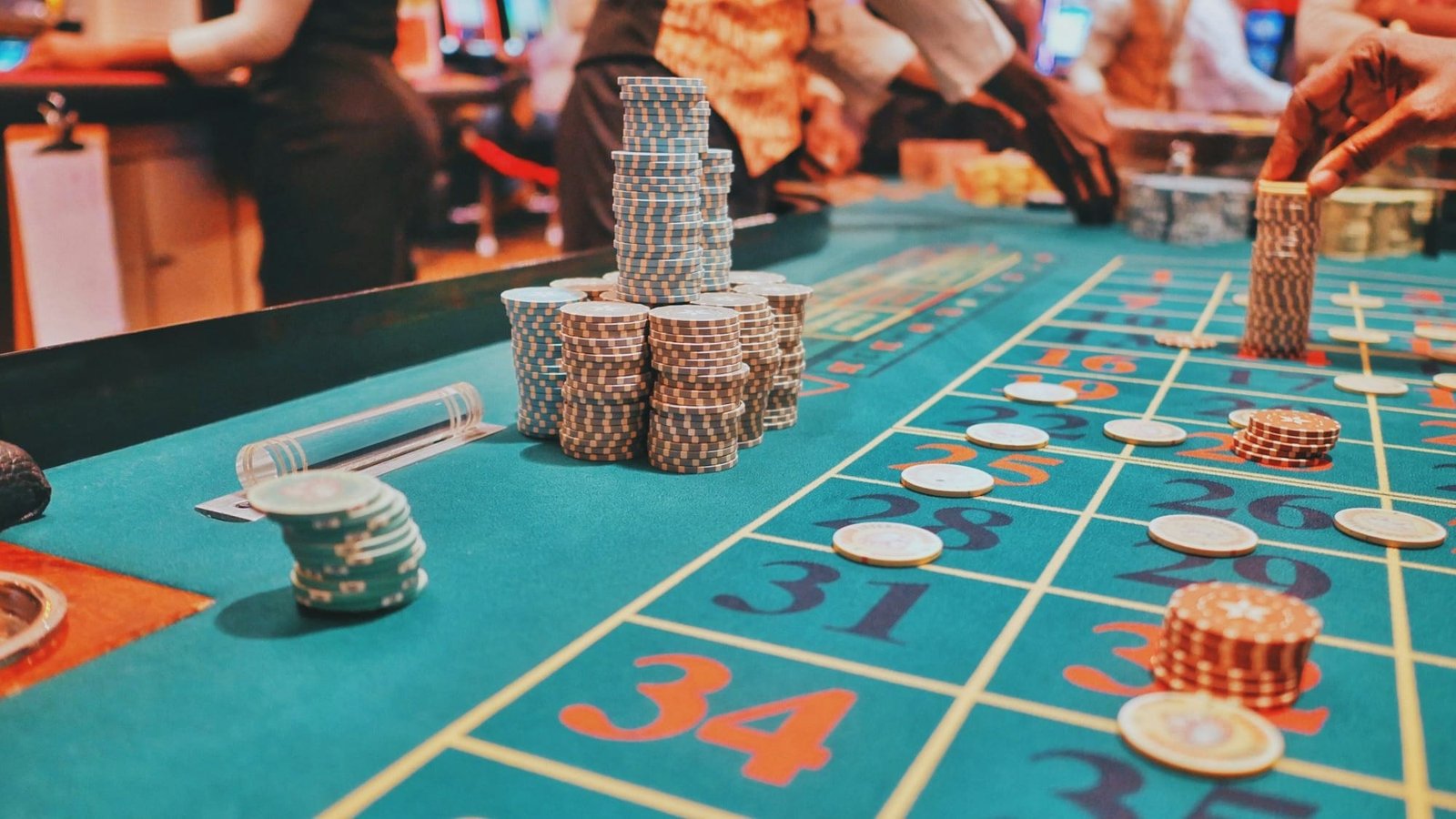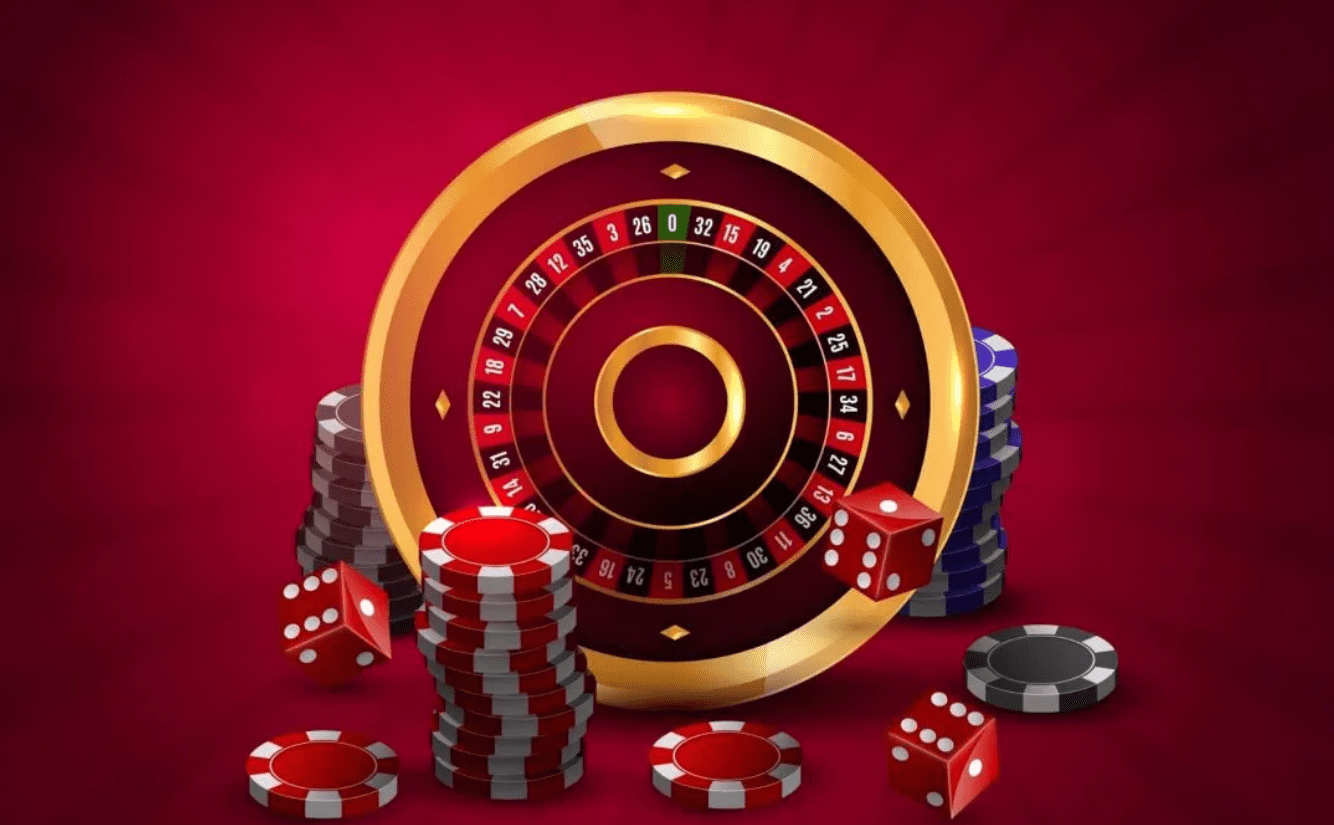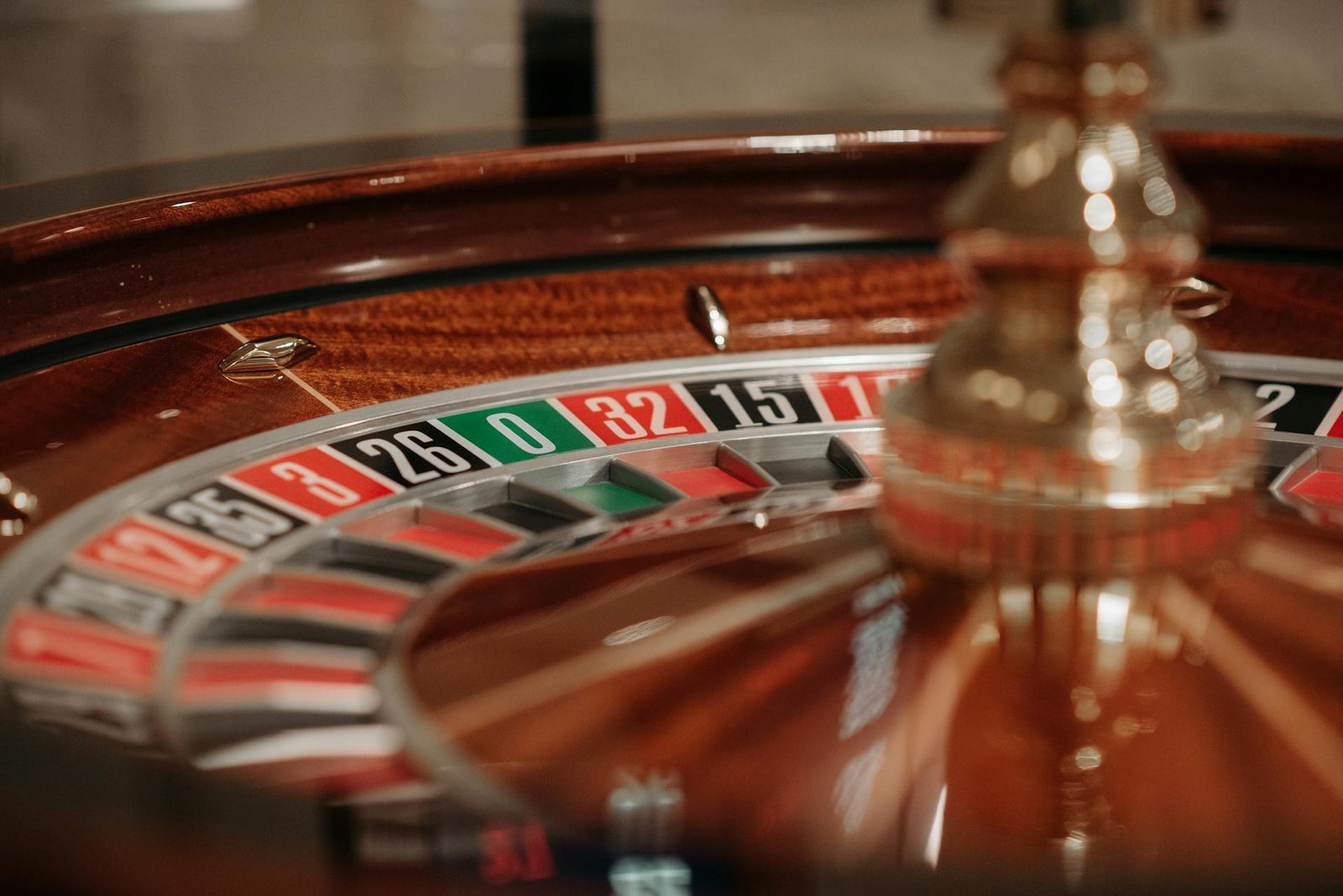Which Gambling Strategies Work Best for Beginners?
If you’re new to the world of gambling, it can be both exciting and overwhelming. With so many games,

If you’re new to the world of gambling, it can be both exciting and overwhelming. With so many games, odds, and strategies to choose from, beginners often ask, “Which gambling strategies work best for beginners?” The key to a successful and enjoyable gambling experience is understanding the games you play and applying smart, beginner-friendly strategies. In this guide, we’ll explore the most effective gambling strategies for beginners, including tips for managing your bankroll, picking the right games, and increasing your chances of winning—while keeping it fun and responsible.
🎯 Why Beginners Need a Strategy
While gambling is largely based on chance, especially in games like slots and roulette, having a basic strategy helps you stay in control, stretch your bankroll, and reduce costly mistakes. A beginner-friendly strategy doesn’t require complex mathematics—it’s about making smart choices, minimizing risk, and maximizing your entertainment value.
🧠 Best Gambling Strategies for Beginners
Start With Low House Edge Games
The house edge refers to the mathematical advantage that the casino has over the player. Beginners should choose games with a low house edge, meaning the odds are better for the player.
Best Low House Edge Games:
- Blackjack (house edge as low as 0.5% with basic strategy)
- Baccarat (bet on the banker – house edge ~1.06%)
- Craps (pass line and come bets – house edge ~1.41%)
- Video Poker (especially Jacks or Better)
These games are easier to understand and offer better long-term value than high-edge games like slots or keno.
Choosing the Right Games
Opt for games with lower house edges, such as blackjack (0.5%-1% with optimal strategy), craps (1.41% for pass line bets), and European roulette (2.7%). Avoid slots (2%-15%) and keno (20%-40%), which have higher house edges, reducing your chances of winning over time.
Use the Basic Blackjack Strategy
Blackjack is one of the best table games for beginners because it’s easy to learn and has one of the lowest house edges—if played correctly. The basic blackjack strategy is a set of rules that tells you when to hit, stand, split, or double down based on your cards and the dealer’s up card.
You can find free strategy charts online, and many casinos allow players to use them at the table. This takes the guesswork out and significantly improves your odds.
Set Win/Loss Limits
Define clear goals before playing. A common rule is the “50% Rule”: quit if you win 50% of your session bankroll or lose 50%. For instance, if you start with 100,stopat100,stopat150 (win) or $50 (loss). This prevents greed-driven decisions and protects profits.
Avoid Emotional Gambling
Emotions like frustration or excitement often lead to reckless bets. Stick to your plan, take breaks, and never gamble under stress. Beginner-friendly platforms often offer “cool-off” tools to enforce self-control.
Try the Martingale Strategy (Cautiously)
The Martingale betting system is a simple strategy used in even-money games like roulette (red/black) or baccarat. The idea is to double your bet after every loss so that when you eventually win, you recover all losses and make a small profit.
Example: Bet $5 → Lose → Bet $10 → Lose → Bet $20 → Win (You recover losses + $5 profit)
⚠️ Warning: This strategy can be risky if you hit a long losing streak or reach the table’s betting limit. Use with a strict budget and discipline.
Use a Bankroll Management Strategy
Bankroll management is one of the most important strategies for beginners. Set a fixed amount you’re willing to spend and never chase losses. Divide your bankroll into smaller betting units (e.g., $100 bankroll = 20 x $5 bets) to make your session last longer.
Beginner Tips:
- Set win/loss limits
- Avoid going “all in”
- Only gamble with money you can afford to lose
Stick to Simpler Games
Complex games like poker or craps can be intimidating at first. Stick to simple games with clear rules, like:
- Slots with fixed paylines
- Roulette (European version has better odds than American)
- Baccarat (betting on banker is usually safest)
These games allow you to focus more on having fun and less on complicated strategies.
Study Game Rules and Odds
Never gamble blindly. Research game rules, payout ratios, and odds beforehand. For example, understanding roulette bet types (straight, split, outside bets) helps you make calculated choices.
Play Free Games First
Many online casinos offer demo versions of their games. Use these to practice your skills without risking real money. Free games help you:
- Understand the rules
- Test different strategies
- Build confidence before betting for real
Take Advantage of Bonuses and Promotions
Online casinos offer welcome bonuses, free spins, and loyalty rewards to attract new players. These can boost your bankroll and give you more chances to win—just make sure to read the wagering requirements and terms carefully.
⚖️ Responsible Gambling for Beginners
No matter what strategy you use, remember that gambling should be seen as entertainment, not a way to make money. Here are a few tips to stay in control:
- Set a time limit and stick to it
- Don’t gamble under the influence
- Take breaks regularly
- Walk away when you’re ahead
If you ever feel gambling is becoming a problem, seek help from organizations like GamCare or GambleAware.
Essential Strategies for Popular Casino Games
Each casino game has specific strategies that can help beginners manage risk and potentially improve outcomes. Here’s a detailed look at strategies for some popular games:
- Blackjack: Using a basic strategy chart is highly recommended. These charts, available on sites like WikiHow, guide players on when to hit, stand, double down, or split based on their hand and the dealer’s upcard (How to Win in a Casino: Gambling Strategies for Beginners). Research indicates that following basic strategy can reduce the house edge to less than 1%, making blackjack a favorable option for beginners.
- Roulette: For roulette, stick to even-money bets such as red/black, odd/even, or high/low. European roulette, with a single zero, offers a house edge of 2.7%, compared to 5.26% for American roulette with double zero. This difference, highlighted in articles like those from GamblingSites.com, can significantly impact long-term results (Casino Games With the Lowest House Edge). Avoid single-number bets, which have much higher house edges.
- Slots: Slot machines vary widely in Return to Player (RTP) percentages, which indicate the percentage of wagered money paid back over time. Look for machines with RTPs of 96% or higher, as suggested by casino guides like Stake (Casino House Edge Explained, Lowest House Edge Games – Stake). While slots are largely luck-based, choosing higher RTP machines can theoretically improve outcomes.
- Video Poker: Video poker variants, such as Jacks or Better, can have house edges below 1% with optimal play. Learning the correct strategy for the specific variant is crucial, as each game has different optimal plays. Resources like BetMGM provide guides for beginners to practice and learn (Casino Gambling: The Complete Guide for Beginners – BetMGM).
General Tips for Novice Gamblers
Beyond specific strategies, several general tips can enhance the gambling experience for beginners:
Stay Sober: Avoid excessive alcohol consumption while gambling, as it can impair judgment and lead to poor decision-making. This advice is echoed in sports betting guides, noting its impact on rational choices (Sports Betting Strategy | Win More Money Betting On Sports).
Learn the Rules: Before playing, ensure you understand the rules and basic strategies. Many online platforms, such as those listed on Quora, offer free versions for practice (What are some tips for beginners looking to get started with casino gambling? – Quora).
Avoid Chasing Losses: If you’re on a losing streak, resist the urge to increase bets to recover losses quickly. This behavior, often discussed in gambling forums, can lead to even greater financial strain.
Set Time Limits: Decide in advance how long you’ll gamble and stick to it. This helps prevent excessive gambling and ensures balance with other activities, as recommended by responsible gambling resources.
📌 Final Thoughts: Smart Strategies for a Strong Start
So, which gambling strategies work best for beginners? The answer lies in playing smart, staying within your budget, and focusing on games with better odds and easy rules. Strategies like basic blackjack charts, bankroll management, and low-risk betting systems can help you enjoy the experience and make your money last longer. Always remember: the goal is to have fun—any winnings are just a bonus.
🎲 Looking for more beginner tips and game guides? Follow our blog to explore top casino strategies, reviews, and bonus offers tailored for new players!












